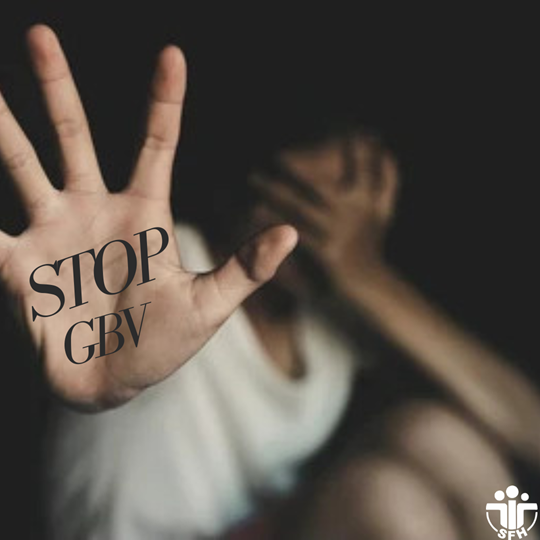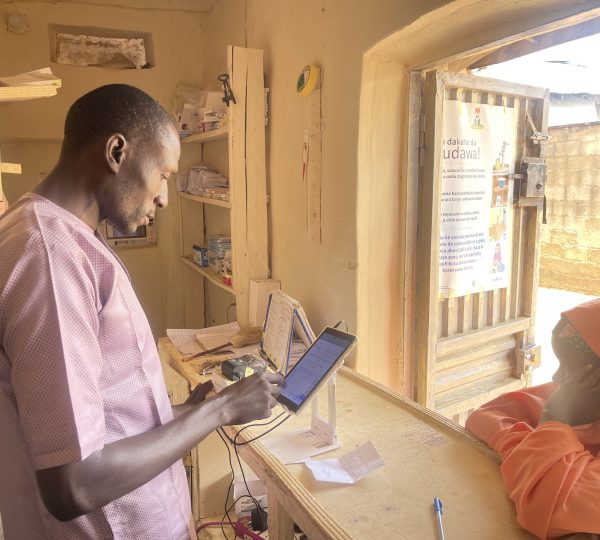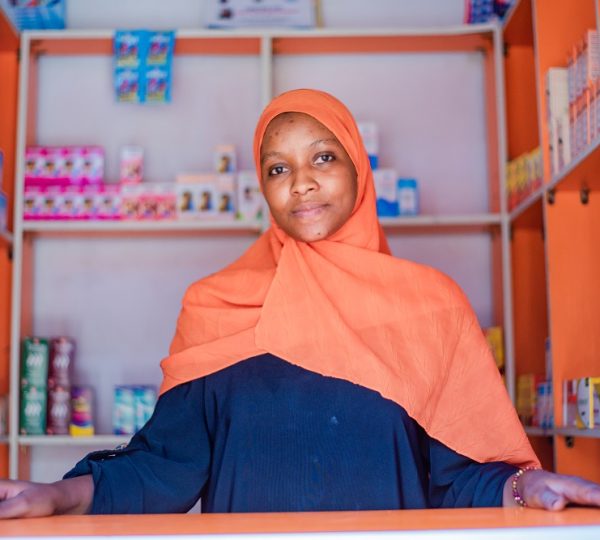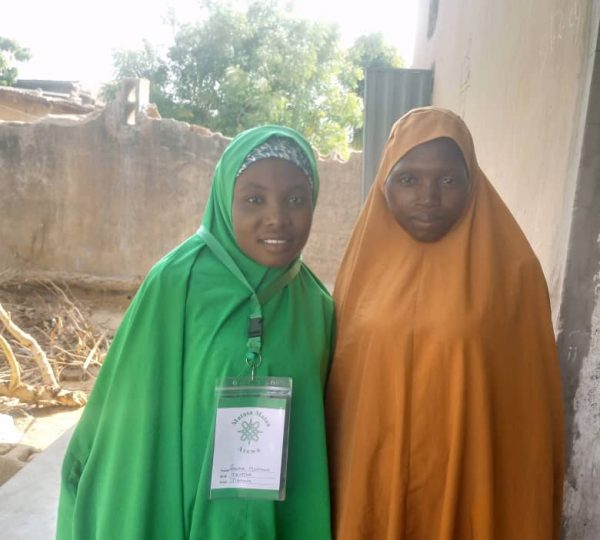Survivors for Life: Two women rebuilding their lives after GBV in Yobe State
By Umar Kachalla Gujiba, Caleb E. Odonye, Innocent Pius and Halima Nuhu Dikko
Despite increased state-wide efforts leading to more collaborations to stem the tide of gender-based violence (GBV) and prevent it from happening, women are more at risk of experiencing gender-based violence, such as emotional and physical violence perpetrated by their intimate partners. The intervention of SFH and other implementing partners to help ameliorate the harrowing experience of the survivors and the trauma caused by these acts of GBV has been the silver lining.
Maryam, a 17-year-old pregnant adolescent in Kukareta village in Damaturu LGA of Yobe State, finds humor in life and cherishes it. She was given out in marriage at a young age and always tried to maintain her home and please her husband. But she always fell short of his expectations and endured unimaginable suffering at the hands of her husband. Verbal abuse led to physical assaults on and off for the next several months, and despite being pregnant, she continued to endure abuse. “Maybe this could end any moment,” Maryam suggested to her parents. Until her husband brutally beat her one day, leaving her severely injured and in need of urgent medical attention. Rushed to the hospital, her life hung in the balance. She received the medical care she needed, including a life-saving blood transfusion made possible by the generous support from implementing partners through case conferencing. Maryam was forced to seek refuge in her parents’ home in a nearby settlement. She lost hope of ever surviving the harrowing horror and thought her life was over. It had been so much trauma, but after the support she received from the ICHSSA-3 project and Save the Children International, she became able to meet her basic needs and with high hopes for the future, she is keen on rebuilding her life, a life free from fear and violence.
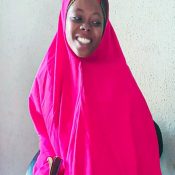
Rukaiya, a naive 16-year-old teenager, was moved into the foster care of her uncle after the death of her parents in Langawa Community of Potiskum LGA, Yobe State. She was depressed and faced serious emotional problems, but soon found comfort in the arms of her new boyfriend at the time, Abdullahi. She soon regretted the trust she gave him and realised that regaining her dignity was vital to her survival and something she was willing to do. Abdullahi was initially loving and very supportive of Rukaiya until she became pregnant for him. That became a big problem: Abdullahi became very distant and critical of Rukaiya and had no intention of taking care of her or the child. She lost her uncle’s trust and became homeless, living on the doorsteps of the house. Without asking, some community members begged her uncle to reconsider and take her back in, but their pleas fell on deaf ears. She took up a job as a housemaid and was unpaid most of the time she worked the job. Life was now more difficult with a child to support.
She became mentally and psychologically traumatised: sexually abused, abandoned with a child and rejected by the only family she knew. “What was a token of support was a lifesaver to me” as my life got back on track. Right now, She is able to rent a room, afford baby clothing, and buy foodstuff. Life is beautiful, and she desires to acquire vocational skills to make the future even brighter.
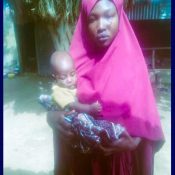
While many caseworkers had forgotten how to care for survivors, the SFH USAID-funded ICHSSA-3 Project didn’t hesitate to listen and provide compassionate support to these two women. The project provided them with Dignity Kits containing essential items to aid in their recovery process and facilitated their referrals to the Sexual Assault Referral Centers (SARCs), where their medical and personal histories were documented and they were provided immediate treatment and psychosocial support. Additionally, the project linked the two survivors to Save the Children International’s Cash-Based Assistance programme to support the rebuilding of their lives, providing each of them with cash support of ₦225,000 over a three-month period.
Both women are finally free and believe that their personal strengths and resilience stem from their adversity and the psychosocial, material, and financial support provided by both projects. They are now safe, stable, and gradually rebuilding their lives, becoming a source of hope to others facing similar struggles.

